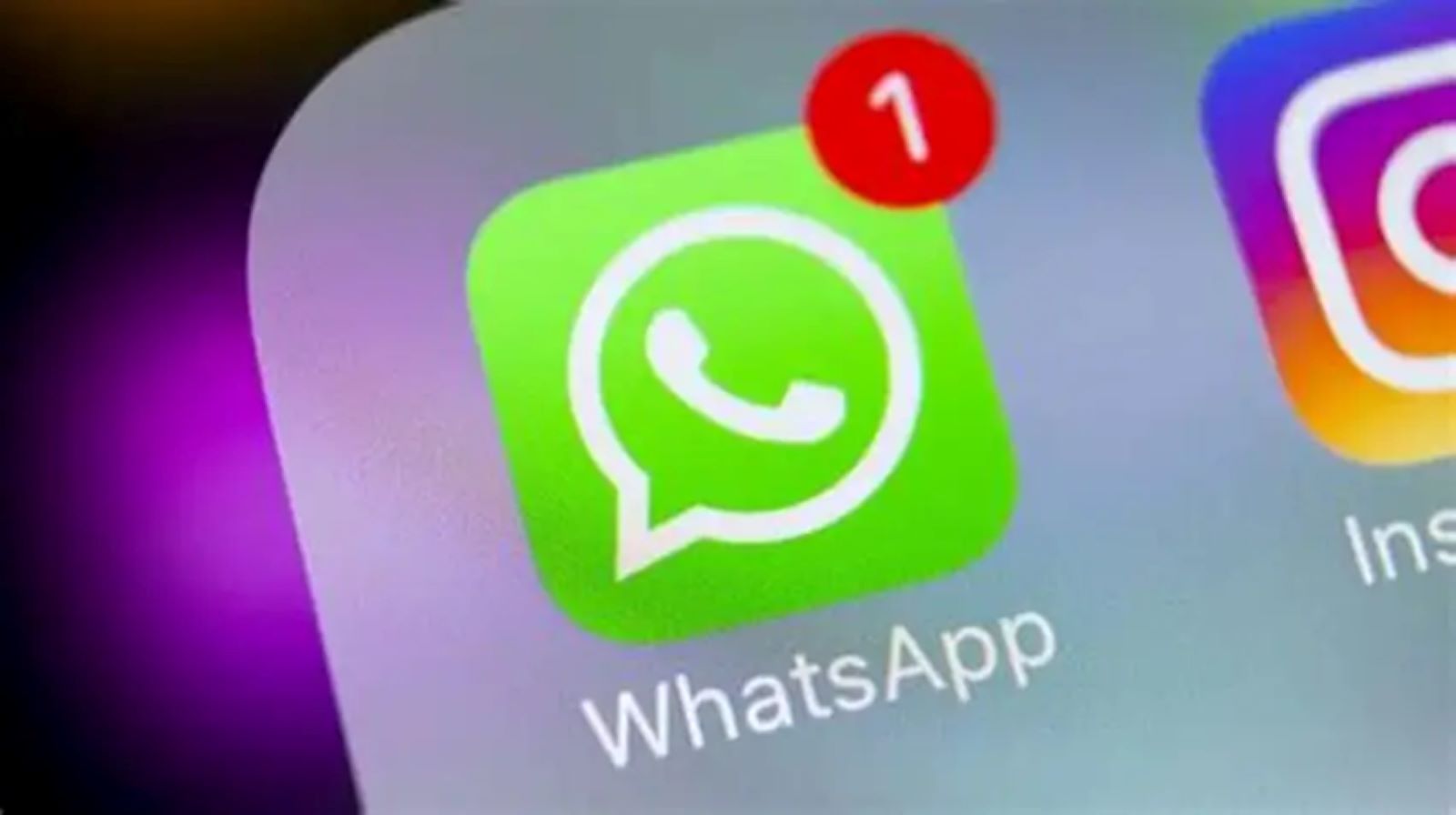WhatsApp has released an urgent security update for iPhone users after researchers uncovered two serious flaws that could let attackers secretly install spyware. What makes these vulnerabilities especially alarming is that they relied on a “zero-click” exploit, which means the spyware could be deployed without the user tapping on a link or even answering a call. Everything happened silently in the background.
The company is urging all iPhone users to update WhatsApp right away to the newest version in order to protect their devices and data.
Key Takeaways
- The Threat: Attackers could send a malicious video file or trigger a video call to quietly install spyware on an iPhone.
- Zero-Click Attack: No interaction was required from the victim. The infection could happen without the user noticing anything unusual.
- The Spyware: The flaws were exploited to deliver Pegasus, the surveillance tool developed by Israeli company NSO Group.
- The Solution: Users should update WhatsApp on iPhone to version 23.18.71 or later through the Apple App Store.
The vulnerabilities were first identified by The Citizen Lab, a cybersecurity research group at the University of Toronto. The team named the exploit chain “BLASTPASS” and confirmed it had already been used to target journalists, activists, and other high-profile individuals who are often under surveillance pressure.
Technically, the attack exploited an integer overflow bug in WhatsApp’s video processing library. By sending a specially crafted video file, attackers were able to make the app malfunction in a way that executed hidden code. That code then installed Pegasus on the victim’s phone.
Pegasus is regarded as one of the most intrusive spyware tools in existence. Once it is active, an attacker can access text messages, monitor calls, track a user’s location, and even turn on the microphone or camera without permission. While NSO Group claims it only provides Pegasus to government and law enforcement agencies to fight crime and terrorism, its use has drawn heavy criticism worldwide due to its role in targeting dissidents, journalists, and human rights defenders.
In response, WhatsApp’s parent company Meta moved quickly to develop and release a fix. The vulnerabilities were assigned identifiers CVE-2023-38039 and CVE-2023-4863. The situation underscores just how dangerous zero-click exploits can be. They leave victims with no obvious warning signs and no realistic way to defend themselves apart from keeping their devices up to date.
For iPhone owners, the best protection remains straightforward. Ensure iOS and all applications, especially communication tools like WhatsApp, are running on the latest versions. Installing updates promptly can often be the single most effective safeguard against advanced attacks of this nature.
Frequently Asked Questions (FAQs)
Q. What is a zero-click attack?
A. A zero-click attack is a type of cyberattack where a device can be compromised without any action from the user. Unlike phishing attacks that require you to click a link or open a file, these exploits can be triggered just by receiving a message, a call, or a specific type of data file.
Q. How do I know if my iPhone was targeted by this attack?
A. It is very difficult for an average user to know if they were targeted. These attacks are designed to be stealthy and are typically used against specific individuals like journalists, activists, or political figures. The best course of action is to update your WhatsApp and iOS to the latest versions to protect yourself from future attacks.
Q. Was my Android phone affected by this specific bug?
A. This particular exploit chain, “BLASTPASS,” specifically targeted iPhones. However, the underlying vulnerabilities in software libraries can sometimes affect multiple platforms. Android users should also ensure their WhatsApp and Android OS are always up to date.
Q. What is Pegasus spyware?
A. Pegasus is a surveillance software, or spyware, created by the Israeli company NSO Group. It can be secretly installed on mobile phones and provides the attacker with access to almost all the data on the device, including messages, calls, location, and camera feeds.
Q. How can I protect myself from such attacks?
A. The most important step is to keep your software updated. Enable automatic updates for your phone’s operating system (iOS or Android) and your applications. Be cautious about messages from unknown numbers and consider using advanced security features offered by your device, such as Apple’s Lockdown Mode, if you believe you might be a target.





